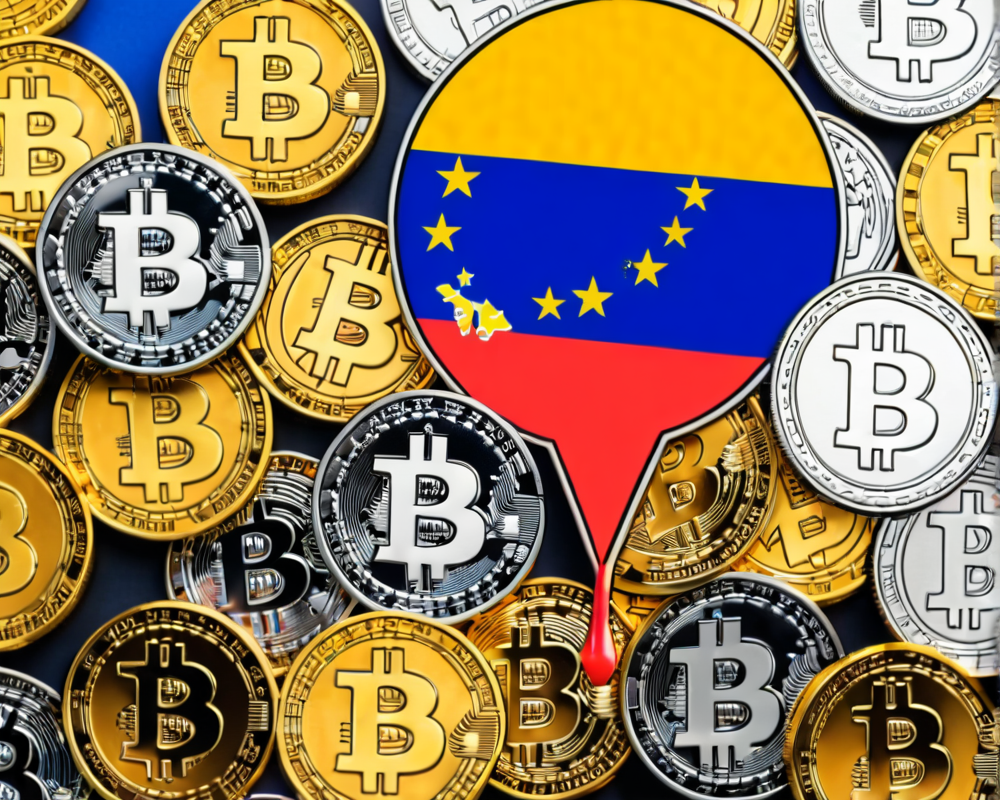EU Steps Up Sanctions Against Russia
In a decisive move against the backdrop of Putin’s relentless aggression in Ukraine, the Council of the European Union has announced a ban on high-value cryptocurrency services to Russian entities. This step aims to tighten the noose around potential loopholes that could allow Russians to sidestep sanctions through digital assets.
What Does This Mean for Crypto?
The European Commission’s recent restrictions come as part of a broader financial sanctions package, which includes freezing assets associated with four Russian banks. The crypto ban is all about making sure that the digital goldmines aren’t used for dodging the financial consequences of this war. It’s like putting a ‘no fishing’ sign in a pond full of trout after you’ve already installed a piranha population—no escaping the bite!
The Leaders’ Take
Russian Prime Minister Mikhail Mishustin voiced concerns, claiming that Russians are sitting on a crypto treasure trove of over $130 billion. That’s a figure that’s not too shabby and is said to rival the value of the country’s gold reserves, which were pegged at about $140 billion back in March 2022. Talk about a hidden stash!
The Broader Sanctions Landscape
The EU’s targeted measures don’t stop at cryptocurrency; they’ve also taken significant steps to squeeze Russia further by imposing bans on imports of coal, denying Russian vessels access to EU ports, and limiting road transport capabilities for Russian and Belarusian operators. It’s like a global version of ‘stop hitting yourself’—only, to be honest, no one’s enjoying this game.
Staying Vigilant in the Crypto Arena
Despite heightened scrutiny on crypto transactions, market watchers and lawmakers still question if Russian nationals or banks might be using digital currencies to evade restrictions. The U.S. Treasury Department also jumped on the bandwagon, urging firms to remain cautious when transacting with specific Russian clients. It’s a cosmic game of ‘catch me if you can,’ but who knows how slippery a Bitcoin can get?
The Missing Oil and Gas Factor
While the EU is taking a firm stand on various fronts, it’s interesting to note that their sanctions package still allows for Russian oil and gas exports, which remain a significant revenue stream for Moscow. This contradiction raises an eyebrow or two. Meanwhile, Congress in the U.S. has approved a bill cutting oil and gas imports from Russia—accounting for about 2% of its supply compared to around a hefty 20% for many European countries. Do they smell something fishy or is that just the scent of dollars?
Conclusion: The Crypto Conundrum
The dance between sanctions and cryptocurrency is only beginning. As the EU tightens its grip, it raises important questions about the future use of digital currencies and their role in global conflicts. Will this lead to stronger regulations or simply push transactions underground? Only time will tell, but for now, the crypto landscape is more turbulent than an over-caffeinated squirrel on a unicycle.




